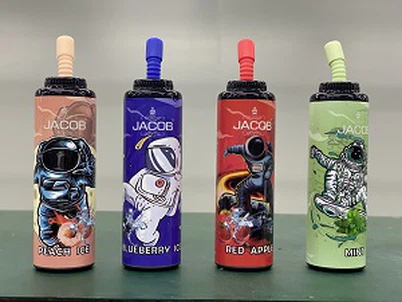Which brands contain diacetyl in their vape juices?
Leave a message
Based on this issue, no specific vape juice brands are explicitly named as containing diacetyl, but key findings and industry practices can be summarized:
Widespread Presence in Flavored E-liquids:
A 2015 Harvard study tested 51 popular flavored e-liquids and found 76% (39 out of 51 brands) contained diacetyl, especially in dessert, fruit, and candy flavors. However, the study did not disclose specific brand names.
J Well's Diacetyl-Free Claim:
French brand J Well explicitly prohibits diacetyl in its e-liquids. They use ISO 22000-certified French flavor suppliers and adhere to AFNOR standards and "Origine France Garantie" certification to exclude this compound.
Hangsen E-liquids' Testing Results:
Analyses commissioned by the French retailer "Vapers Corner" detected diacetyl and acetyl propionyl in Hangsen (branded as "Pharmacien Secret") e-liquids. Quantities were within the 22 ppm safety threshold proposed by some industry experts, but the presence was confirmed.
Regulatory Differences:
Europe: Diacetyl is banned in e-liquids under EU regulations (e.g., TPD certification).
United States & Asia: No explicit bans exist, leading to potential use in e-liquids from these regions. For example, U.S.-targeted products were flagged in the Harvard study.
Consumer Guidance:
Avoid cream, custard, or dessert-flavored e-liquids, as diacetyl is commonly used in these profiles.
Prioritize brands that publish third-party lab reports (e.g., COA testing) verifying diacetyl-free status, as seen with European manufacturers.
Key Takeaway:
While brands like J Well actively exclude diacetyl, its prevalence in sweet-flavored products-especially from less regulated markets-remains high. Consumers should verify lab reports or choose EU-compliant products to minimize exposure. For specific brand-related data, direct laboratory testing or regulatory disclosures are recommended.







